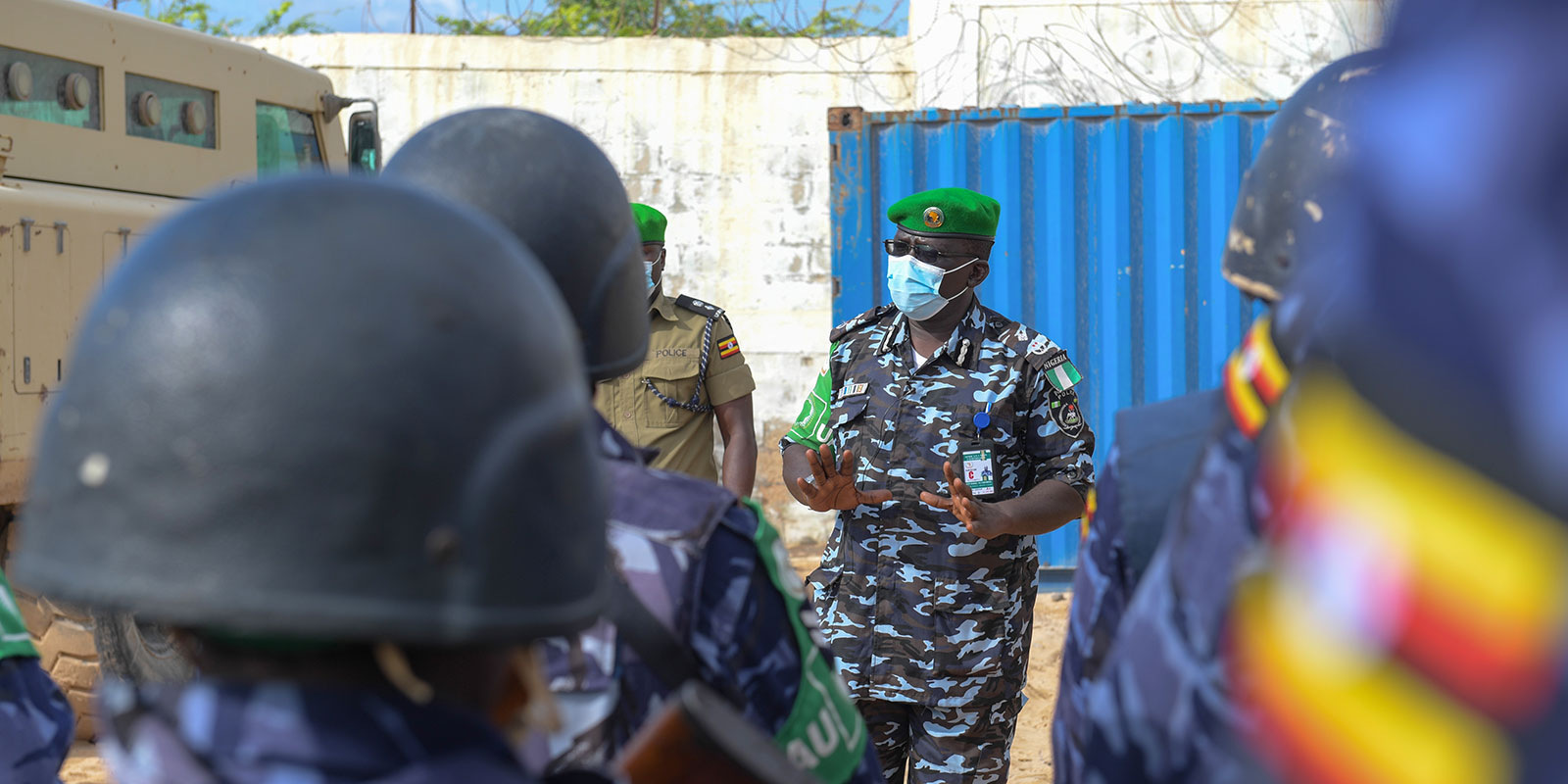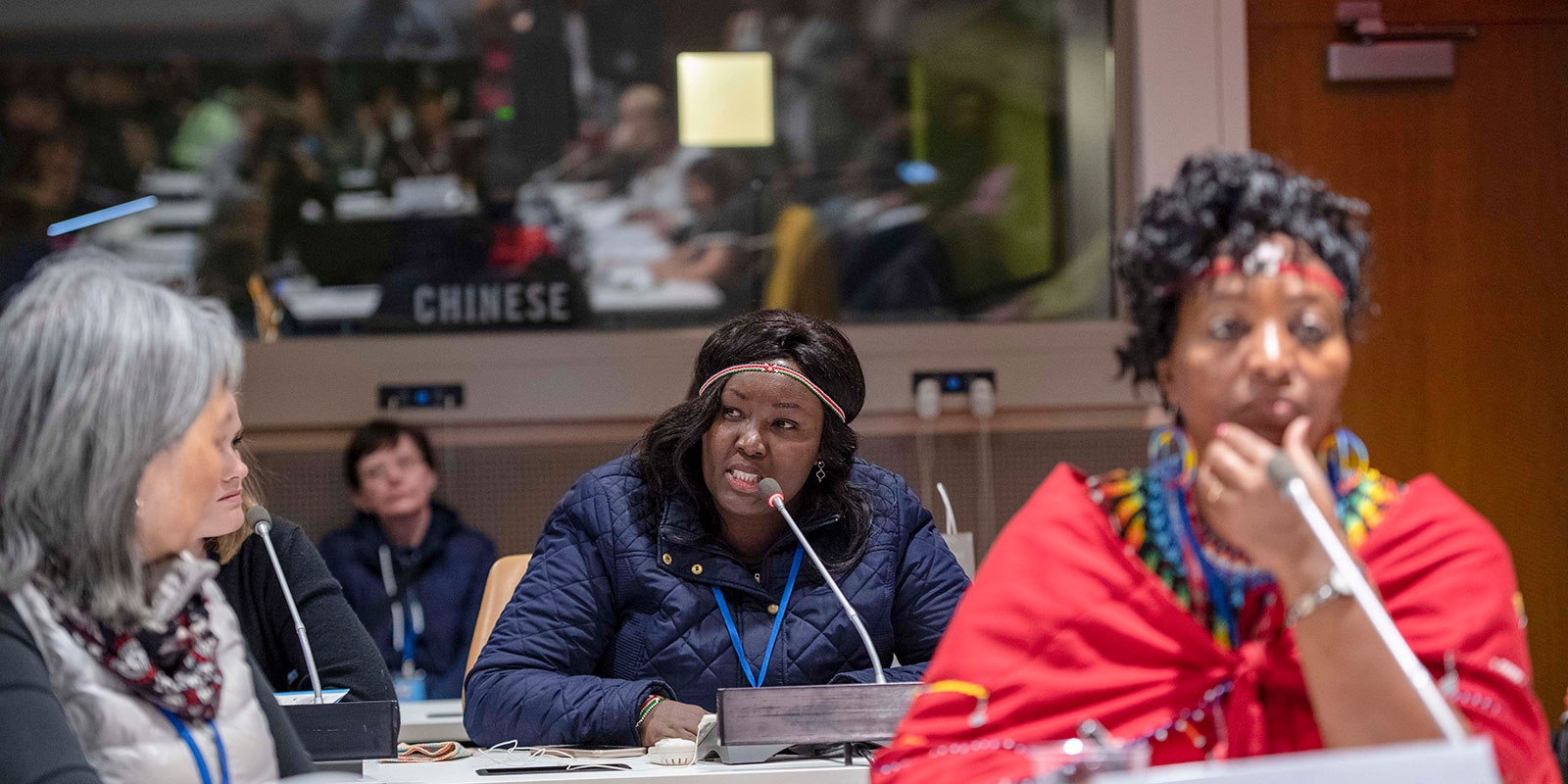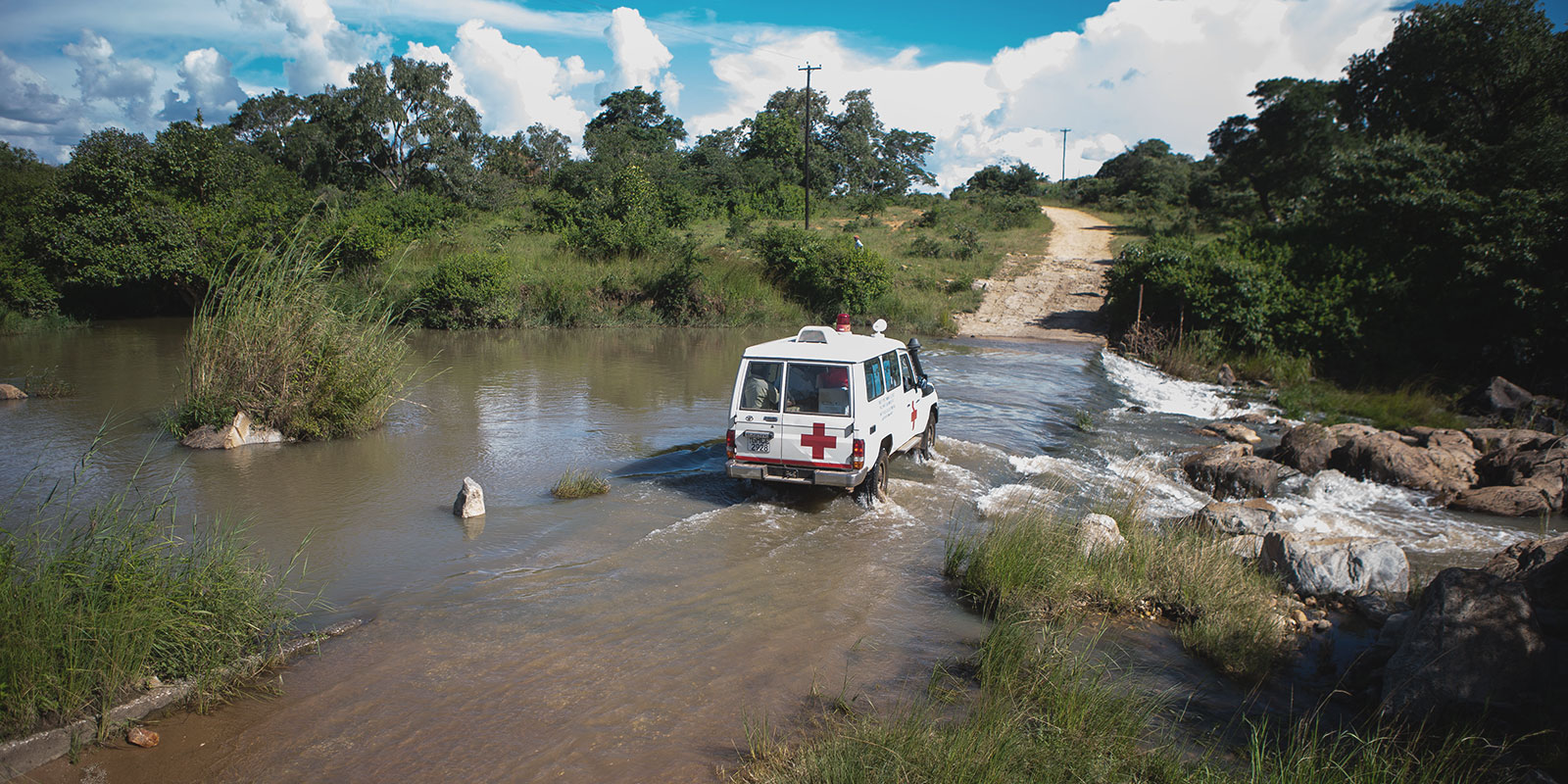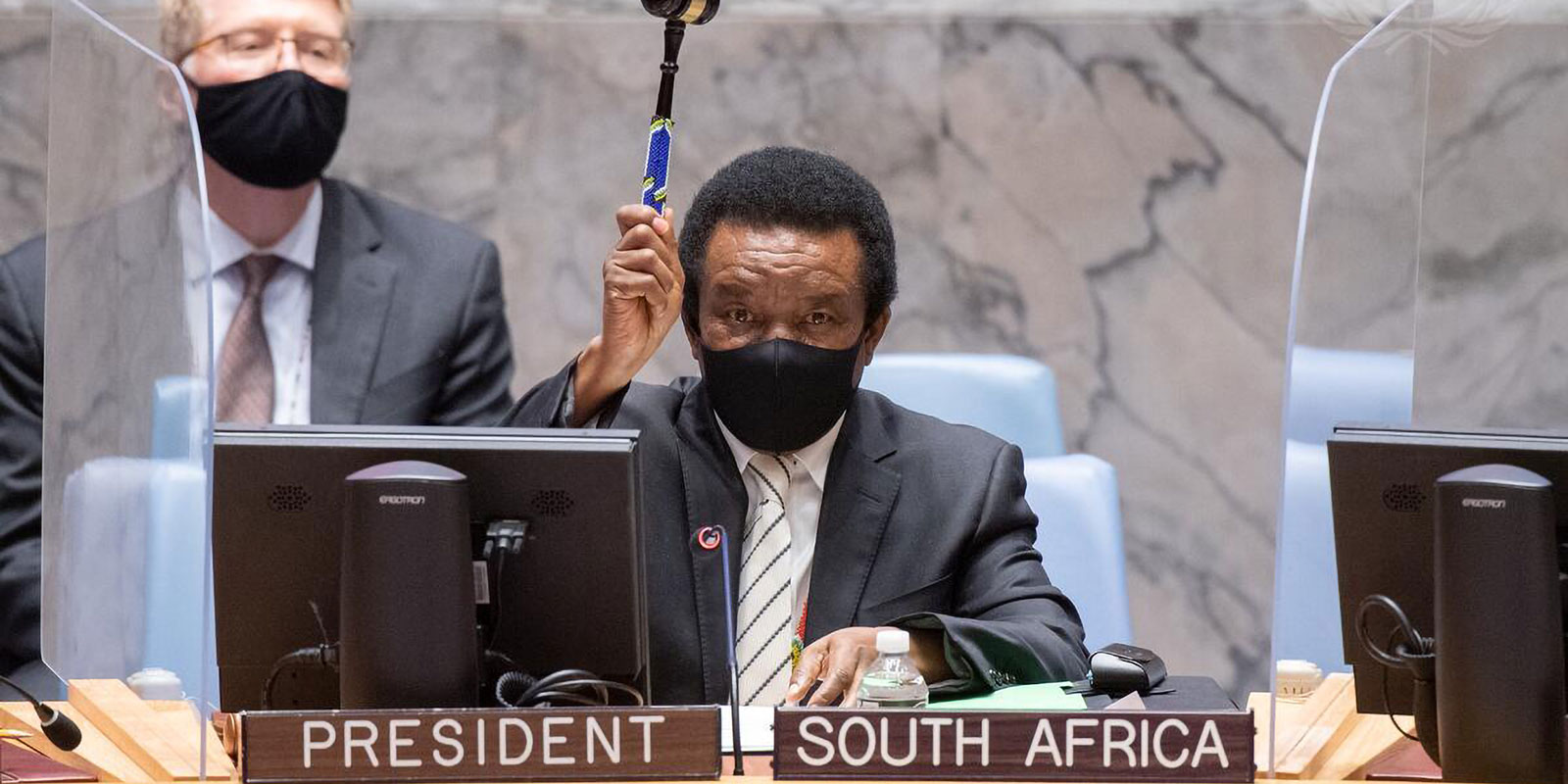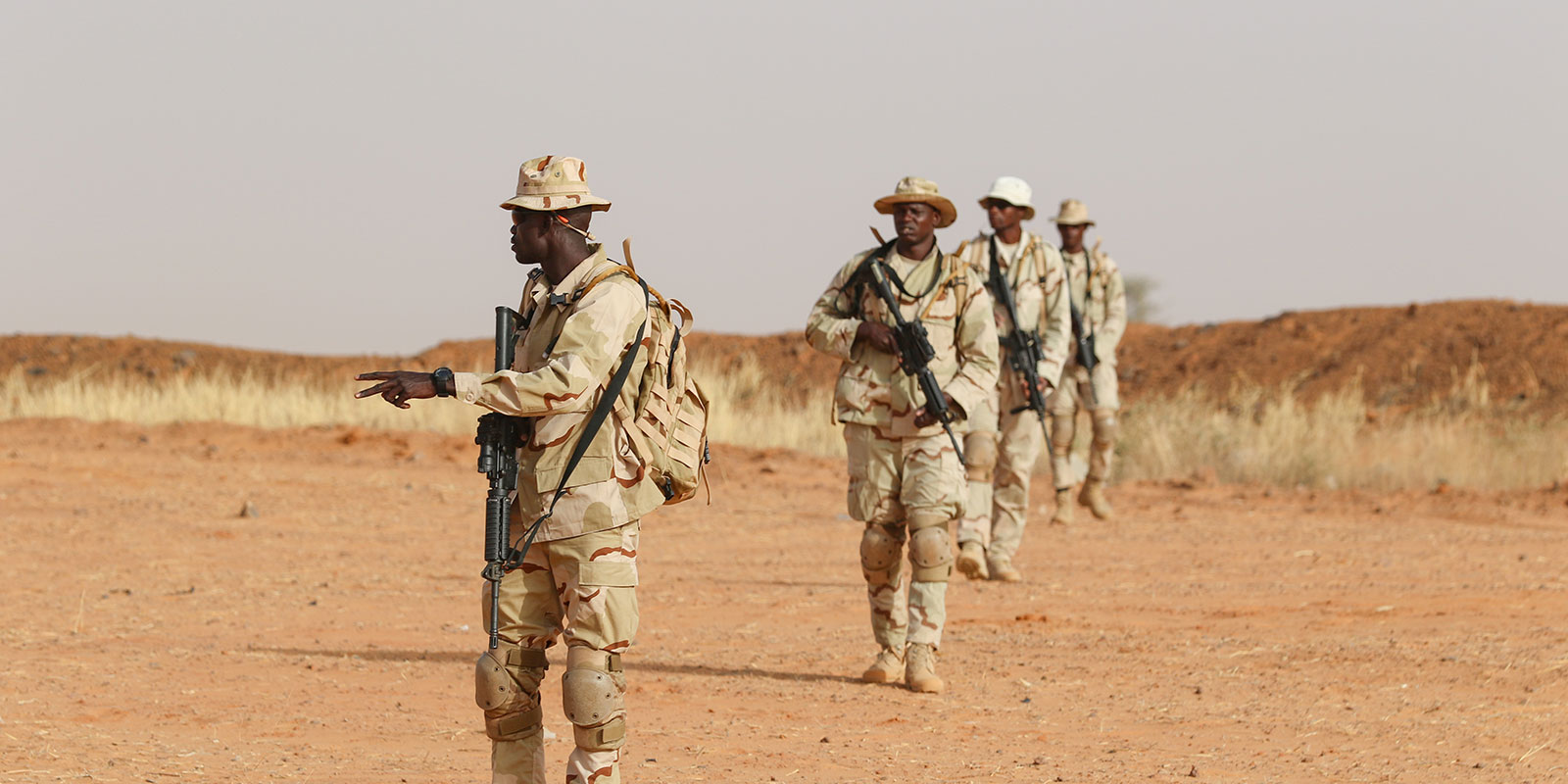In this week’s edition of the Monitor we feature Mme Bineta Diop, the AU Special Envoy on Women, Peace and Security. In this piece, Mme Diop reflects on how peace can be promoted in the age of compound risks which are exacerbated by COVID-19. In this discussion, Mme Diop highlights the importance of responding to this situation by creating a new mediation and dialogue culture which places women and girls’ meaningful participation at the forefront.
Also focused on the complexities of Africa’s current peace and security landscape is a feature piece from Ambassador Mohamed Chambas, the former Head of the United Nations Office for West Africa and the Sahel (UNOWAS). In his contribution, Ambassador Chambas calls for a collective response to the shared challenges on the continent.
Professor Cheryl Hendricks reflects on the changing conflict context in a piece which discusses the need to shift the theory and practice of conflict management. In particular, Professor Hendricks questions how South Africa will recraft its role in conflict management on the continent.
Finally, we then turn to the current situation in Chad in a piece from Professor Daniel E. Agbiboa, who reflects on the implications of the sudden death of President Idris Déby Itno for both Chad and the wider Sahel region.

